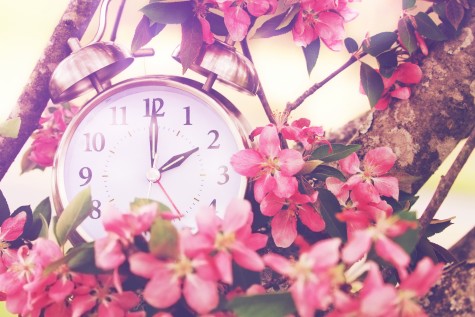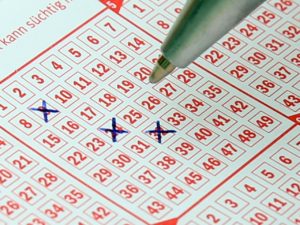Its hard to believe but it’s time to Spring Forward; Daylight Savings Time begins at 2 a.m. Sunday. Although the clock change is a welcome sign of spring, making it happen was a long and complicated ordeal – and not just because of that lost hour of sleep!
Although the concept of daylight savings can be traced all the way back to ancient Rome, our modern version of daylight savings was first conceived in 1895, by New Zealand entomologist George Vernon Hudson. Unfortunately Hudson’s initial proposal was dismissed as nonsense when he brought it in front of the Royal society of New Zealand. It wasn’t until the mid 1910s that the idea of daylight savings spread to Europe and became popular.
Daylight savings first made its way to the U.S. when in 1918 Woodrow Wilson established daylight savings as part of the war effort. However the act was so unpopular it was repealed a mere seven months later. It wasn’t until 1942 that daylight savings was reinstated in the U.S. FDR brought it back under the guise of aiding soldiers in World War II. In 1966 when Congress passed the “Uniform Time Act” setting official times for each time zone and state establishing when to set back or turn forward their clocks. Prior to the act, a certain statute of chaos surrounded the event.
Several places in the U.S. including Hawaii, Arizona, and many of the United States-owned territories do not observe Daylight Savings. Many other countries also do not follow Daylight Savings, or as they call it in Europe, “Summer Time.” Most of Asia and all of Africa, with the exception of Egypt, Libya, Morocco, Namibia, and Tunisia, do not participate in Daylight Savings.
Those in favor of Daylight Savings argue that an extra hour of daylight helps reduce crime rates around the globe. Proponents also point out that the practice benefits the economy overall by saving money on powering artificial light.
Opponents of the time change point out that when we “gain” back our hour of sleep in the fall, we may be doing our bodies no favor. According to Dr. Joan E. Roberts, professor of Chemistry at New York’s Fordham University, morning light is essential to our bodies natural circadian rhythm, as it is what helps us feel awake and it helps produce “specific neurohormones and neuropeptides” which are vital to our survival as human beings.
“All life, including humans, evolved being exposed to a different spectrum of light in the morning, afternoon and evening; and human health and well-being is profoundly affected by the different spectrums of morning, afternoon and evening light,” she said.
Therefore by deciding how much of what type of light we receive we may be messing with our bodies natural circadian rhythm.
Another argument against changing the clocks is the cost. Because Daylight Savings is not uniform all over the world, it can cause chaos in the travel industry. In recent years, when the U.S. pushed Daylight Savings forward a whole month it put our schedule is out of sync with Europe’s. That cost the airline industry roughly $147 million a year, according to getairhelp.com.
Regardless of your opinion, the clocks here on Cape Cod — and everywhere else in the U.S. — will be jumping ahead an hour this weekend so be sure to set your alarm accordingly!
– By Kaitlyn Holzworth




























Speak Your Mind